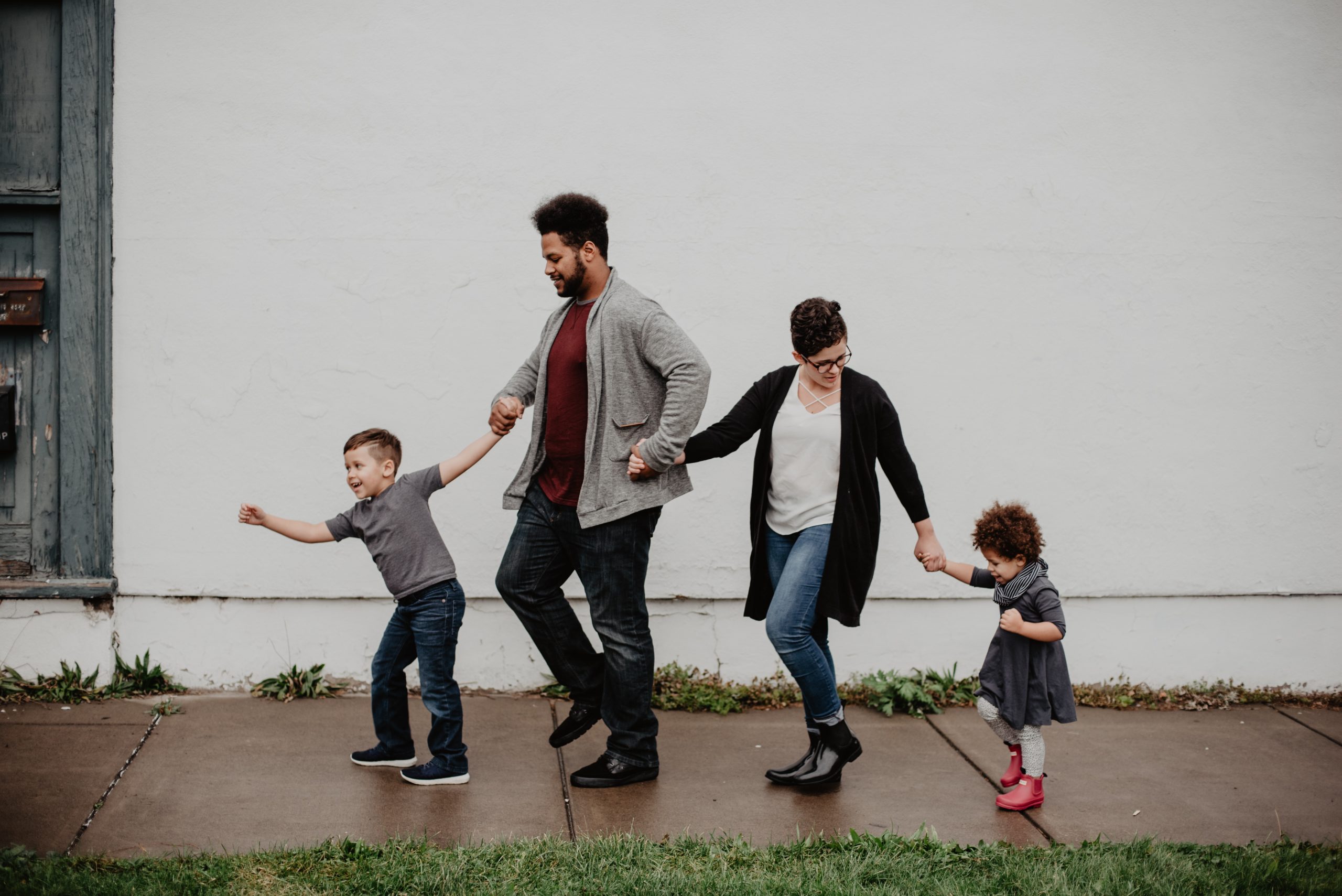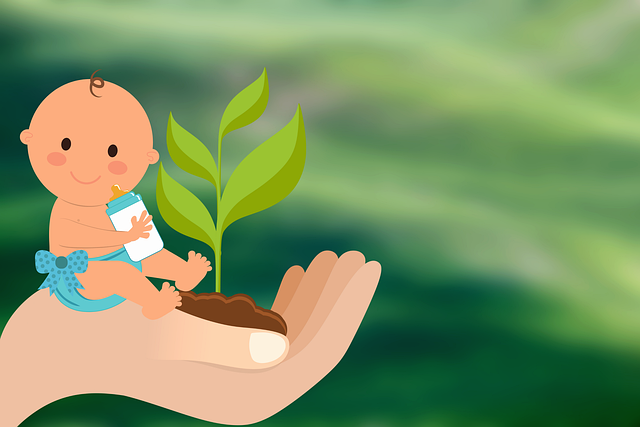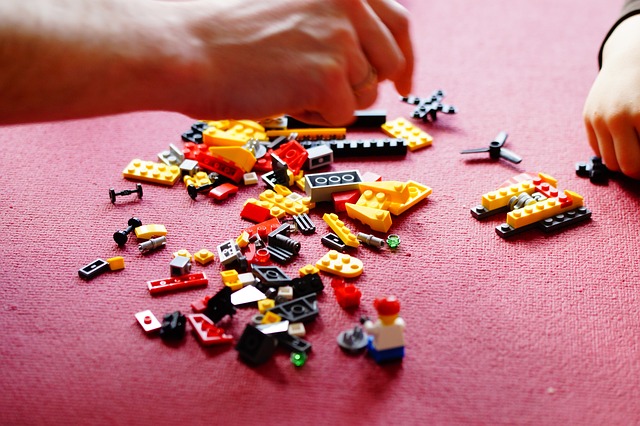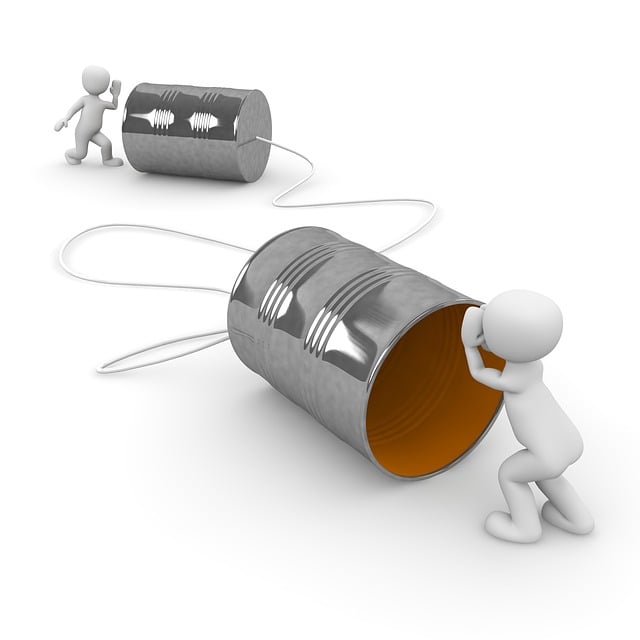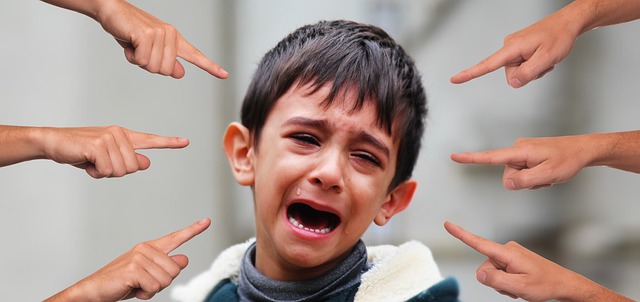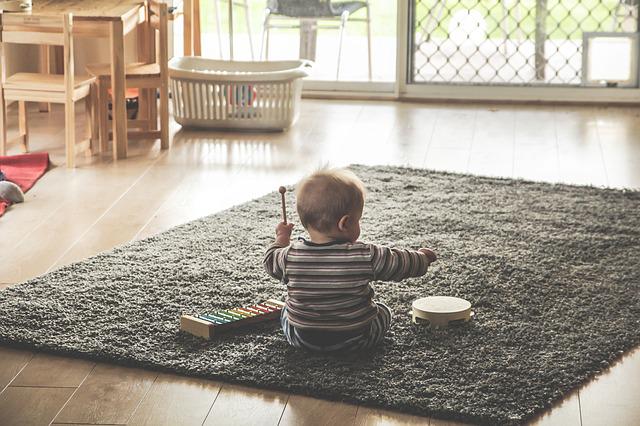Potty Training: How To Train Baby And Young Children
How to Train Baby and young children
Here the research article brings great information about potty training in children with different aspects. We try our level best to bring several methods to train babies and children of different ages for this type of training easily, as well as some practical recommendations for caregivers and parents on how to approach toilet training properly using the mentioned methods.

What is the ideal time to take the initiative for potty training?
The most important part of children’s grooming is toilet training; for parents, it is also an important milestone as children grow up. This is for young children as it represents a significant step towards independence and self-care. However, parents often struggle with determining the best age to start toilet training their children, but so far, not specific with boys or girls. Both have the same needs concerning toilet training; they relieve the caregiver and children as early as they can learn to perform independently.
Factors affect directly or indirectly Toilet Training.
Several other non-considerable factors, including cultural, social, and developmental considerations, greatly influence the timing of toilet training. Somehow not exactly but so far a small survey believes that Boys tend to toilet train later than girls due to differences in physical and neurological development. According to the American Academy of Pediatrics, boys are typically ready for toilet training between 20 and 40 months, although some may only be ready closer to age 3.
Particularly for boy’s factors
Another considerable factor that affects the timing of toilet training for boys is their bladder and bowel control. Technically Boys need to have sufficient control over their bladder and bowel muscles to recognize the sensation of needing to go to the bathroom, hold their urine or stool, and make it to the toilet in time. This control typically develops gradually over time, with most boys gaining full bladder and bowel control between the ages of 4 and 5.
Understanding the key factor Of Potty Training
As parents or caregivers, we must understand that each child is unique and will develop independently over time. Some children may show signs of readiness for toilet training earlier than others, while some may need more time and support. As a parent, paying attention to your child’s cues and readiness and being patient and supportive throughout the toilet training process are important.
How to help our children ease the Potty Training process?
When starting the toilet training process with your children, there are several things you can do to help them succeed with ease. So for this purpose, initially, ensure to keep their easy access to a child-sized potty chair or a toilet seat insert, and encourage them to sit on it regularly. To know the liking or interests of children, parents can also use incentives, such as stickers or small rewards, to encourage them to use the potty. Please ensure you are consistent with this approach and praise them for their progress.
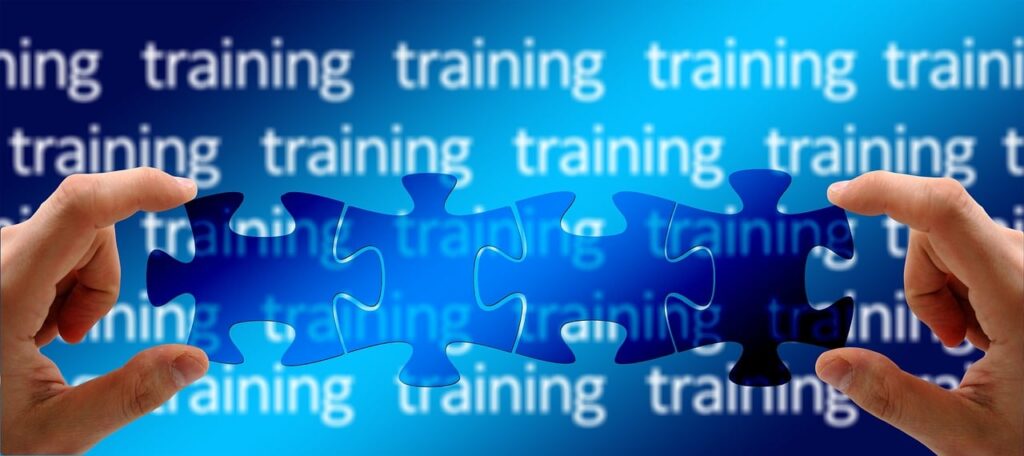
What to avoid the parents?
This is, to be honest, advice for the parents and caregivers to avoid using punishment or shame to motivate their children to use the potty. Also, this can create a negative association with toilet training and make the process more difficult. Instead, focus on positive reinforcement and celebrate each success along the way.
Final Word About Potty Training
So as a final word and conclusion of the above most fruitful discussion concerning toilet training in shortly as the best age to potty training. The children vary based on individual factors such as bladder and bowel control, developmental readiness, and individual pace of development. While most children are ready for toilet training between 20 and 40 months. Some may not be ready until closer to age 3.5. By paying attention to your child’s cues, being patient and supportive, and avoiding punishment and shame, you can help your son successfully navigate this important milestone toward independence and self-care.




